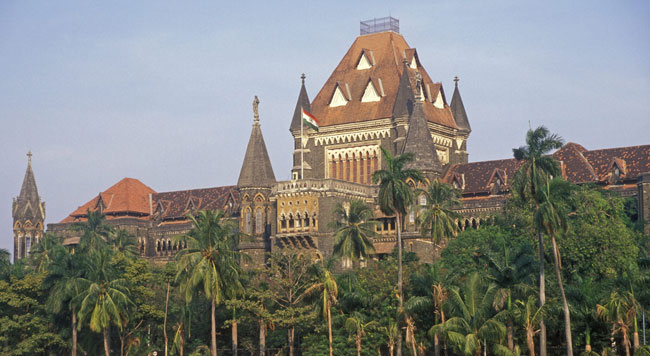Now Reading: PIL in Bombay HC for Disclosure of status of promises made in the Election Manifesto by ruling parties
-
01
PIL in Bombay HC for Disclosure of status of promises made in the Election Manifesto by ruling parties

PIL in Bombay HC for Disclosure of status of promises made in the Election Manifesto by ruling parties
“If you can’t do it, don’t pledge to do it. Don’t be a liar; say only what you can do. It’s better for you to have a ‘single sentence’ manifesto about your life which is fulfilled than to have 25 chapters’ theories about your visions that remain undone”. This popular saying by “Israelmore Ayivor” in “The Great Hand Book of Quotes” can be looked upon as an integral need in the contemporary Indian politics.
Recently, one very appealing Public Interest Litigation (PIL), was filed before Bombay High Court seeking a direction to the election commission of India to frame guidelines with respect to disclosure of the information regarding the status of the promises made in the election manifesto either by the political parties or the candidates contesting elections before the next election and include the same in the Model Code of Conduct thereby enabling the voters to make an informed choice before they decide to select their representatives.
This PIL put forward several questions including why there is a need of such amendment by the election commission or what are the possible results and purposes which could be served by bringing guidelines regarding such disclosure?
Why Election Manifesto?
Election Manifesto is a document which is simply a published declaration of the promises, motives or intentions of a particular party, representative or an independent individual who is contesting in any election. It a platform on which the promises which are to be fulfilled after winning the election can be made or more specifically it is way to interact with the public by showing the benefits which that particular party or individual will give to the public after winning elections. An election manifesto is basically prepared keeping a view of the public consensus as well as needs of the public prevalent in that particular area which is mostly political in nature.
Election Commission of India has also provided certain code of conducts regarding the election manifesto after the direction given by Hon’ble Supreme Court of India but it did not framed any guideline to monitor whether the political party or the elected candidate had fulfilled the promises made in the manifesto. Thus, this PIL sought the inclusion of the information in the model code of conduct, so that before election the voters can make an informed choice.
The Current Public Interest Litigation
This Public Interest Litigation (PIL) was filed by one Mr. Akshay Bajad, through Talekar and Associates, on 25th Jan 2019 seeking a direction to the election commission of India to frame guidelines with respect to disclosure of the information regarding the status of the promises made in the election manifesto. As per the petitioner election manifesto have become the overall guide for the voters to know any political party and they are the medium to know about the policies, they seek to implement when they will win. It was further stated that it is the right of the voters to know the status of election manifesto from previous campaigns.
Hon’ble Bench of J. Naresh Patil and Nitin Jamdar asked the central government, via their advocated Carina Xavier, appearing for the central government, to know about the government’s stand in this matter and adjourned the matter till the next hearing on 26th March 2019.
The major questions which came through this Public Interest Litigation (PIL) in front of legal fraternity are “whether the non- furnishing of declaration regarding the status of promises made in election manifesto violates the rights of voters to right to information under Article 19 (1) (a) of the constitution?” and “Whether the Centre can make rules for such status to be made known to voters by Candidates?”
The PIL finally sought directions to central government to revise Rule 4 (A) and Form 26 of the “Conduct of Election Rules, 1962”.
Probable Consequences
If this Public Interest Litigation (PIL) will be allowed all the persons or the parties which are going to contest in the elections have to disclose of the information regarding the status of the promises made in the election manifesto leading to the enhancement in the transparency as well as accountability. The primary target of the petition is to target the fake promises made by the parties or the candidates to fool people and to take votes using their sentiments or sometimes showing them fake bright dreams.
In a nutshell it can be said that this Public Interest Litigation is interesting moreover appealing in sense that it will force the political parties to remove such promises which after winning elections got termed as “Jumlas”. Such a disclosure would keep a check upon the political parties in as much as all such parties/candidates shall publish their manifestos after thorough research thereby restraining them from making false promises with a view of fulfilment of their vote banks only.










